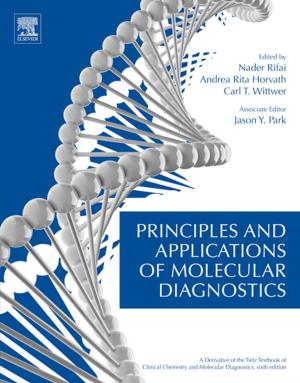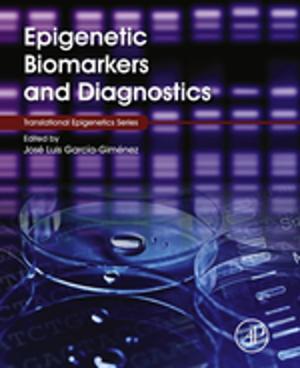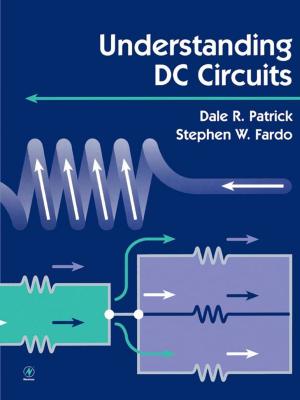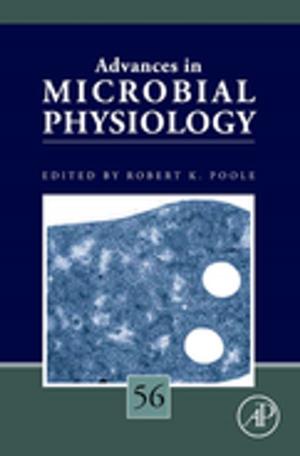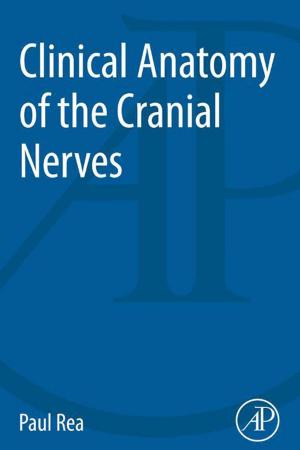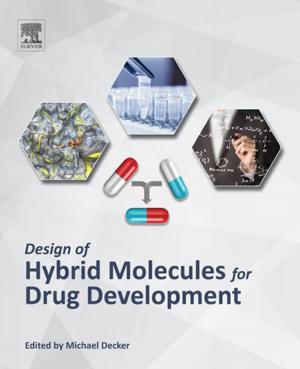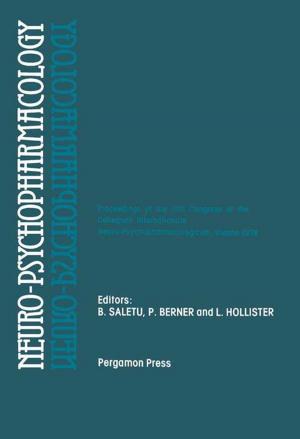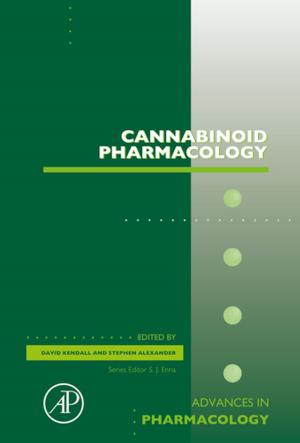Nutrition, Digestion, Metabolism
Proceedings of the 28th International Congress of Physiological Sciences, Budapest, 1980
Nonfiction, Health & Well Being, Medical| Author: | ISBN: | 9781483189970 | |
| Publisher: | Elsevier Science | Publication: | October 22, 2013 |
| Imprint: | Pergamon | Language: | English |
| Author: | |
| ISBN: | 9781483189970 |
| Publisher: | Elsevier Science |
| Publication: | October 22, 2013 |
| Imprint: | Pergamon |
| Language: | English |
Advances in Physiological Sciences, Volume 12: Nutrition, Digestion, Metabolism covers the proceedings of the 28th International Congress of Physiological Sciences, held in Budapest in 1980, which mainly focuses on human nutrition, digestion, and metabolism.
This compilation is divided into eight parts. This text first gives an introduction to vitamins and trace elements, including its role, effects, and influences on human biological processes. This book then explains the role of cyclic nucleotides in stimulus—secretion coupling of exocrine glands and the physiological components of the gastric mucosal barrier, along with their role in mucosal defense. Motility in control of gastric emptying; intestinal polypeptides and peptidergic nerves; and molecular changes during metabolic processes of gastrointestinal peptide hormones are also tackled. This text also introduces the factors involved in the integrated mechanism of intestinal absorption. This book concludes by explaining the lipoprotein metabolism, apolipoproteins, and lipid constituents.
This publication will be invaluable to those in the field of physiological sciences interested specifically in studying human nutrition, digestion, and metabolism.
Advances in Physiological Sciences, Volume 12: Nutrition, Digestion, Metabolism covers the proceedings of the 28th International Congress of Physiological Sciences, held in Budapest in 1980, which mainly focuses on human nutrition, digestion, and metabolism.
This compilation is divided into eight parts. This text first gives an introduction to vitamins and trace elements, including its role, effects, and influences on human biological processes. This book then explains the role of cyclic nucleotides in stimulus—secretion coupling of exocrine glands and the physiological components of the gastric mucosal barrier, along with their role in mucosal defense. Motility in control of gastric emptying; intestinal polypeptides and peptidergic nerves; and molecular changes during metabolic processes of gastrointestinal peptide hormones are also tackled. This text also introduces the factors involved in the integrated mechanism of intestinal absorption. This book concludes by explaining the lipoprotein metabolism, apolipoproteins, and lipid constituents.
This publication will be invaluable to those in the field of physiological sciences interested specifically in studying human nutrition, digestion, and metabolism.

